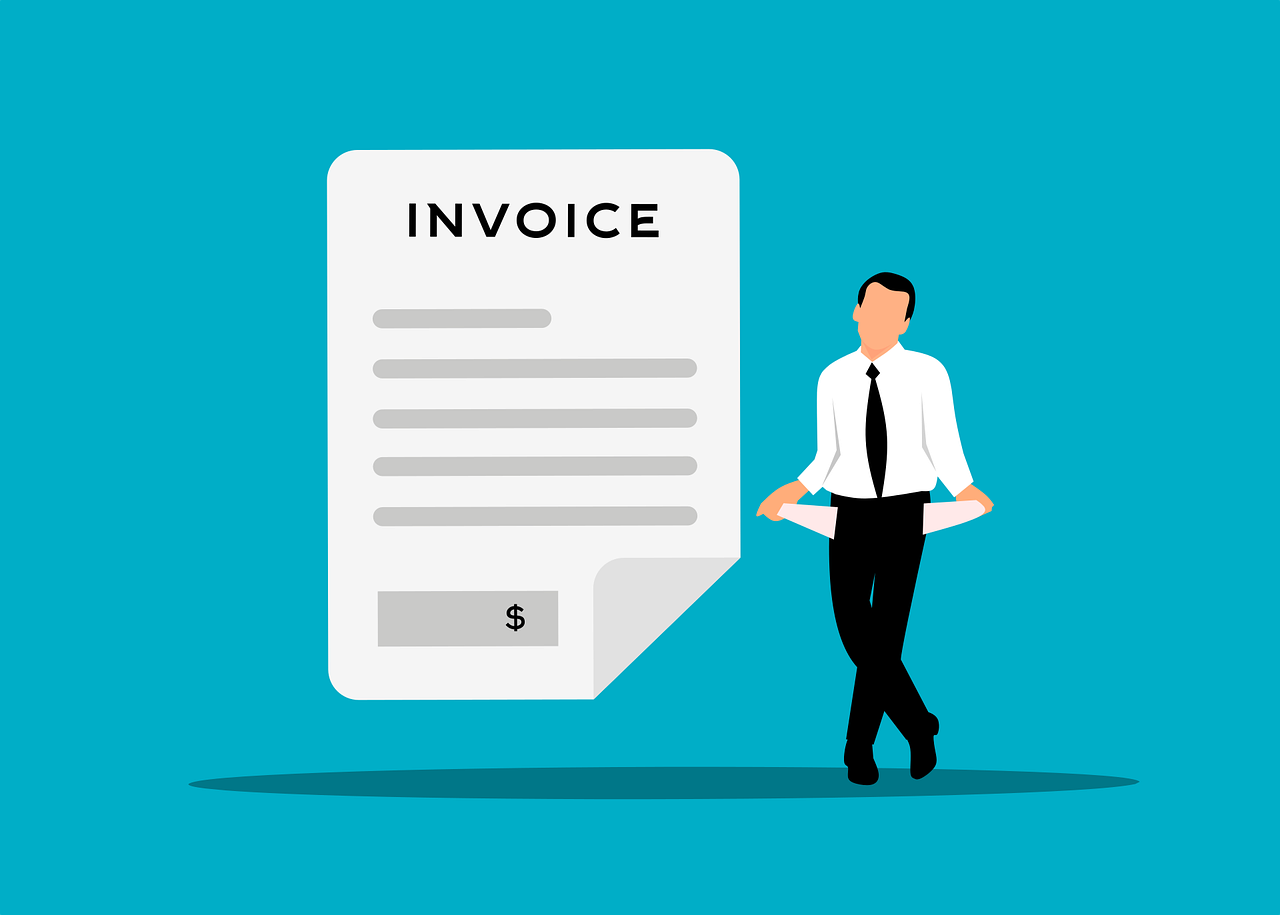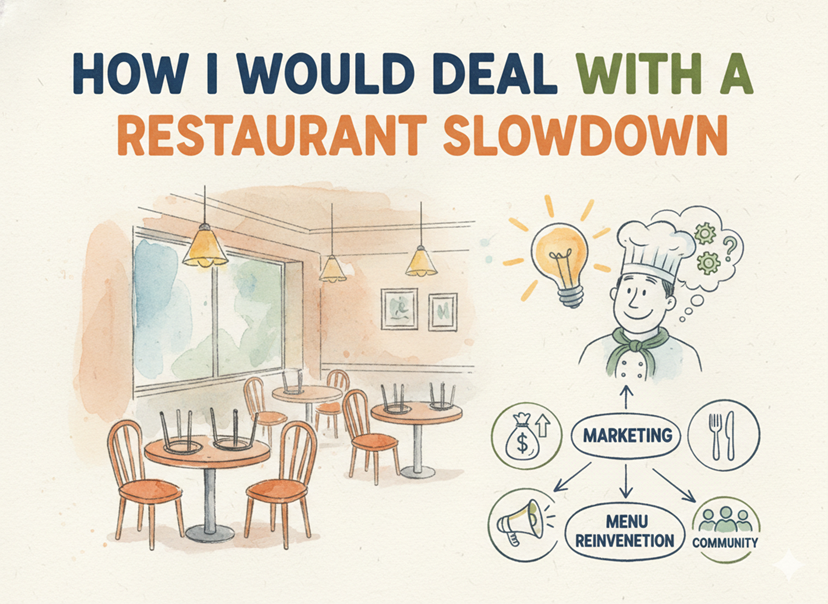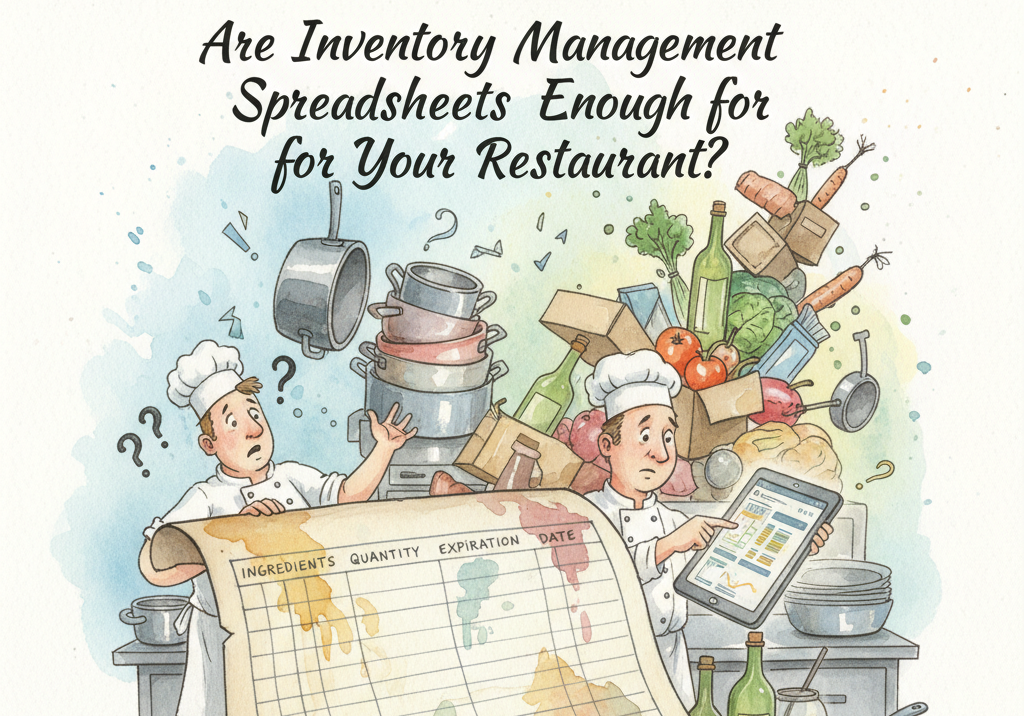Raise your hand if you ever went to a restaurant and they didn’t give you an official bill, blurted the total payable amount and you kept on scratching your head thinking why they are charging you extra. You don’t want this for your customers. Do you? This is where invoices come into play.
This blog will explain what invoices are, their primary purposes, and their specific relevance to your restaurant. You will learn how invoices help in legal record-keeping, payment tracking, and dispute resolution, as well as how they support effective financial management. We’ll also discuss how invoices will help you manage supplier payments, track expenses, analyze financial data, maintain customer relationships, and ensure legal compliance. Read further to get enlightened.
What is an invoice?
An invoice is a detailed bill that a seller gives to a buyer and it has all the important information like the names of all the goods and services purchased by the buyer, their quantities, their price, and the total amount dues.
Simple Invoice Template For Restaurants
These are some of the important details that you should have in your restaurant’s invoice.
- Header: Restaurant name, address, and contact information.
- Invoice Number: A unique identifier for each invoice.
- Date of Issue: The date when the invoice is created.
- Due Date: The date by which payment should be made.
- Customer Details: Name and contact information of the customer or client.
- Itemized List of Services/Products: Detailed description of each item or service, quantity, unit price, and total price.
- Subtotal: Total amount before taxes and other charges.
- Taxes and Other Charges: Applicable taxes (e.g., VAT) and additional charges (e.g., service fees).
- Total Amount Due: The final amount to be paid.
- Payment Terms: Instructions on how to make the payment, including accepted payment methods and any penalties for late payment.
- Additional Notes: Any other relevant information, such as special instructions or thank-you messages.
How is it relevant to your restaurant?
Supplier payments
Invoices help you keep track of all the deliveries expected from your suppliers and this will help you make payments on time which will help in building trust and improve the relationship with your suppliers. You will be in a better position to negotiate for discounts, bulk purchase rates, and extended payment terms.
Tracking expenses
Invoices will let you analyze your spending patterns on supplies, ingredients, and other operational costs. You can identify all those areas where costs can be cut or optimized. You can forecast future budgets using past invoice data that will help you stay prepared.
Financial Invoices
Analyzing invoice data can help you in the analysis of customer preferences, sales trends, and seasonal variations. You can even do a cost-benefit analysis using this data which will be very useful in making data-driven business decisions to stay profitable most of the time.
Customer Relationship Management
Customers will get to see the breakdown of all the costs clearly. There won’t be any discrepancies and confusion in their minds and this will be very much useful for building a transparent relationship with them. It also helps in building a professional image in front of your customers and shows them how serious you are about your restaurant business practices.
Legal and regulatory compliance
The invoice has evidence of income and expenses, which will help in better calculation of taxable income and ensure compliance with tax regulations. They will come in handy in case you get stuck in tax-related disputes in the future because they provide a clear agreement between you and your customers or suppliers.
Invoices are detailed bills that have information about goods and services sold, their quantities, prices, and total amounts due. They serve a purpose for restaurants acting as legal records, tracking payments, resolving disputes, and managing finances. Invoices are vital for managing supplier payments, tracking expenses, and conducting financial analysis. They enhance customer relationships through transparent billing and help ensure legal and regulatory compliance by providing clear evidence of income and expenses.




